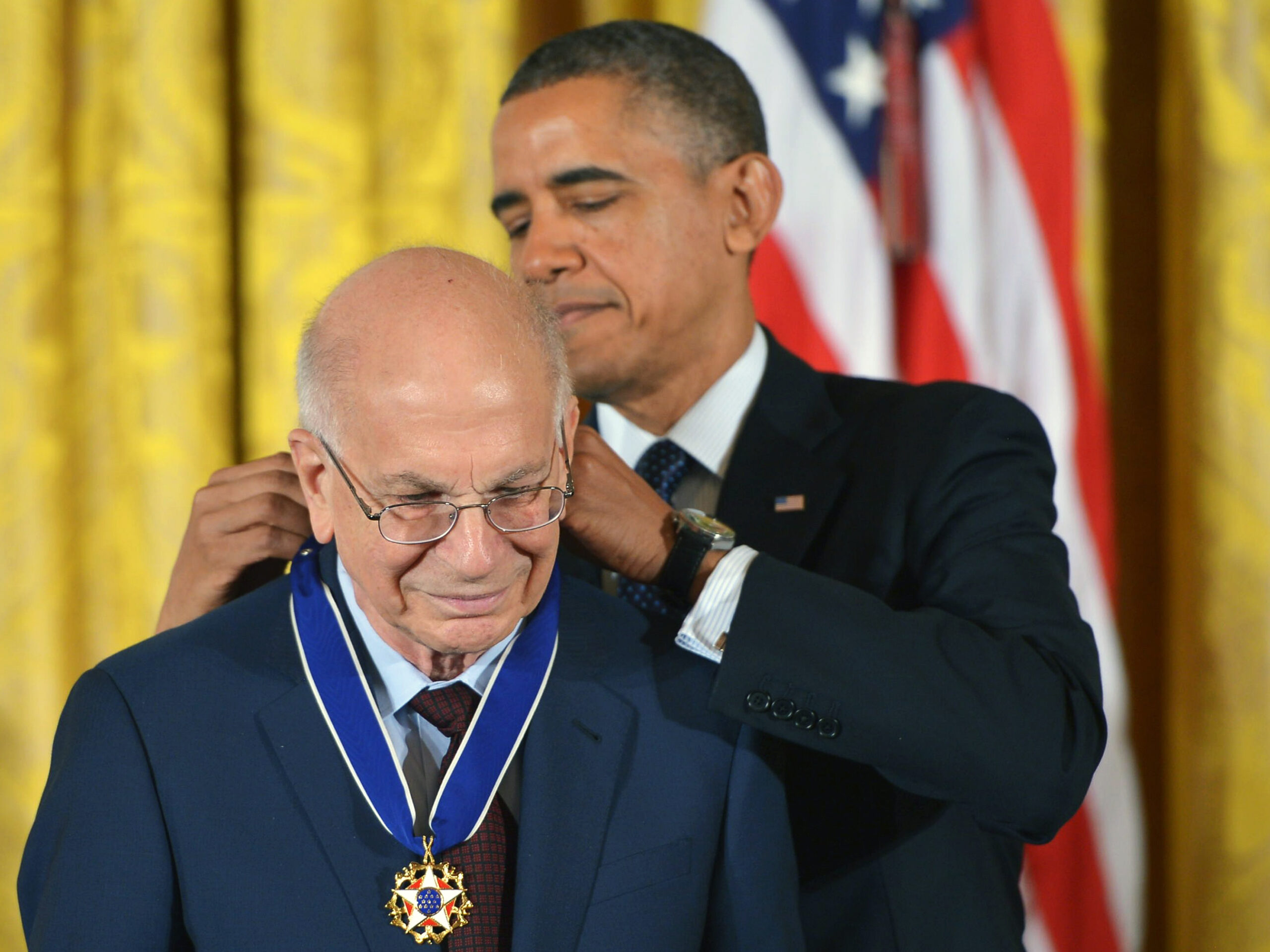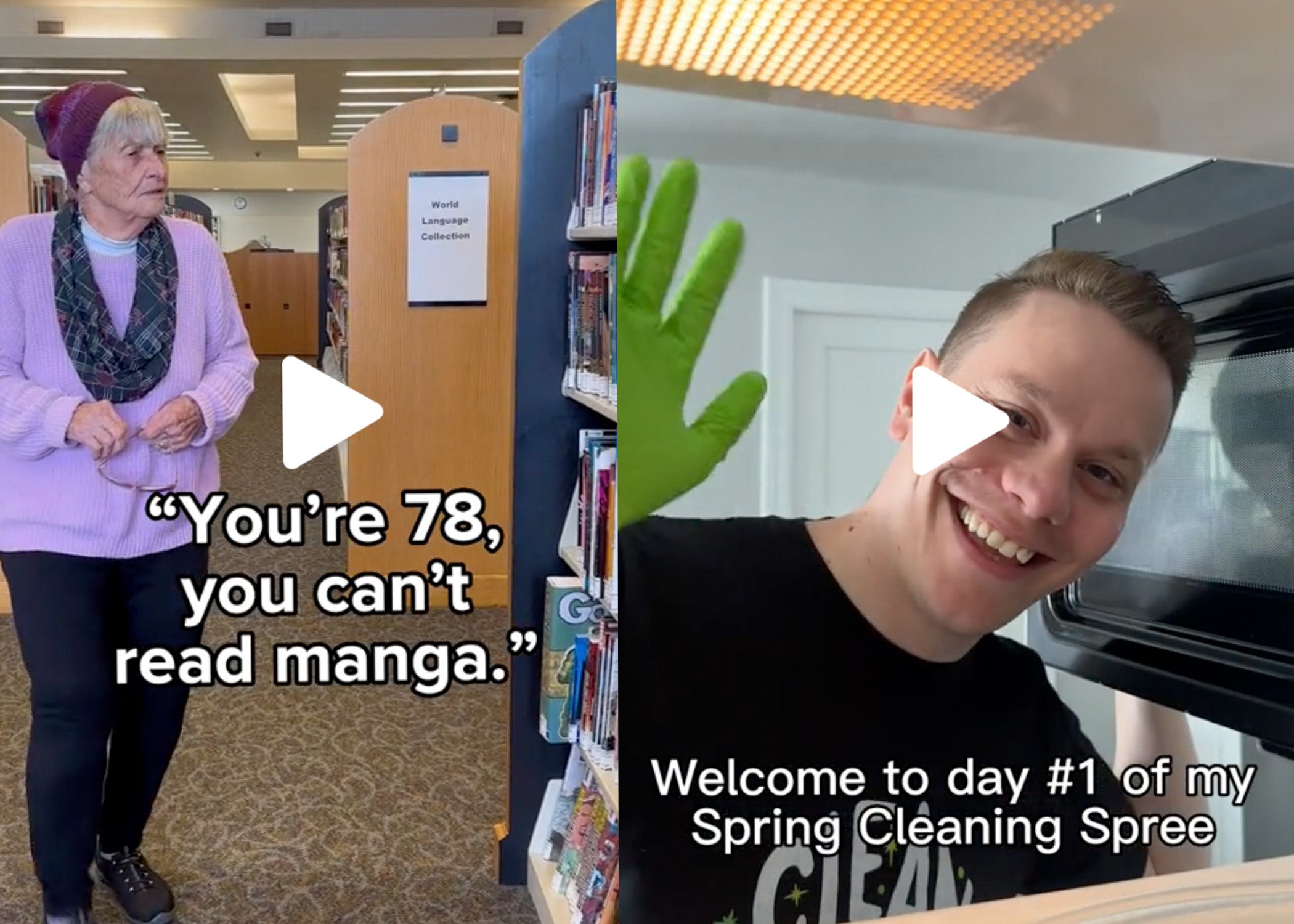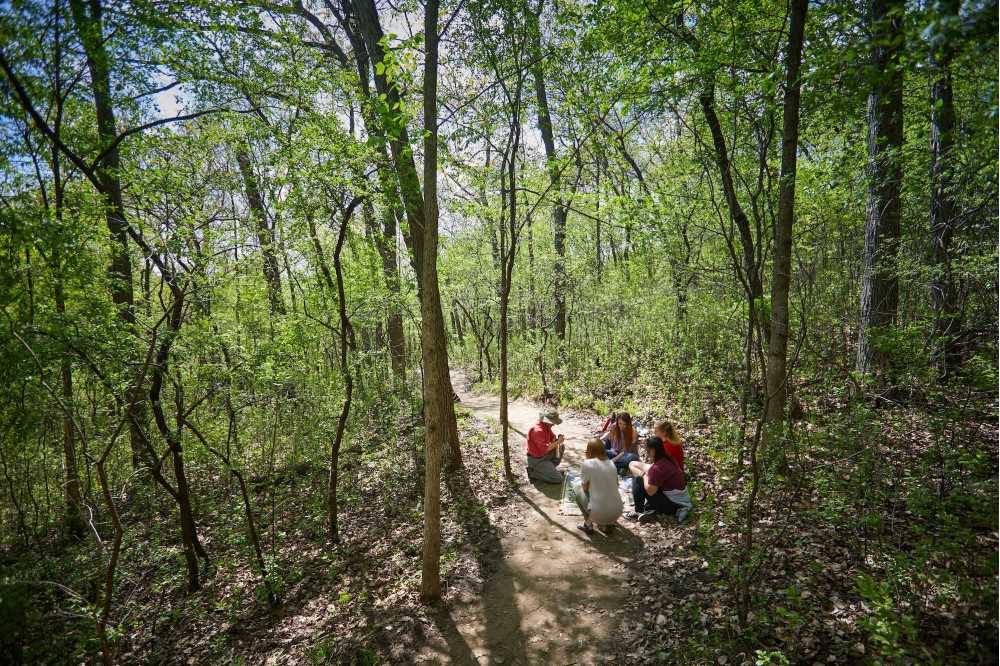There are a ton of self-help books out there — all you have to do is go into a bookstore, a brick and mortar one, to see the shelves lined with them. In fact, I wrote one years ago, “The Longevity Code: Your Personal Prescription for a Longer, Sweeter Life.”
As for self-help apps, there are tons of them, too, with more coming every day.
But the questions I get time and time again are: How much do they work? How good are they? Don’t you need that one-on-one interaction to make a difference?
Stay informed on the latest news
Sign up for WPR’s email newsletter.
Now, I grant you it’s true that a personal interaction with a good therapist is an incredible thing to be treasured. It works well. But there are obstacles to this — cost, availability, taking off from work, the list goes on and on. For many people, this challenge is just too much.
So back to the question: Does self-help work?
I think the answer came in a recent issue of the Lancet Global Health journal. They found guided self-help reduced psychological distress and improved well-being in areas where there was a humanitarian crisis. It helped people cope with adversity and psychological distress and meaningfully improved their function.
This randomized study compared usual care, which wasn’t very much, to guided self-help in 700 Sudanese refugee women living in Uganda. We know one-on-one psychological treatment helps, but in a low-resource environment, this reaches so few people.
The guided meditation was developed by the World Health Organization. It’s called Self-Help Plus.
Researchers were looking at mental health-based support and treatment for large numbers of people in disaster areas that would help them cope with their problems. Self-Help Plus is a five-session, pre-recorded audio course given by nonspecialist facilitators and coupled with a self-help book designed for low-literacy people. The program is given in groups of up to 30 people at a time.
At three months, the treatment group had significantly less post-traumatic stress disorder, depression and explosive anger, and greater social well-being. At the start, nearly 85 percent said they were severely psychologically distressed; at the end, that dropped to 33 percent.
And the study showed it had staying power. People continued on that positive course for the next three months of follow-up.
So here’s what I pull from this study: First off, clearly this is something that might be used for groups suffering in this country after a disaster such as hurricanes and other natural disasters, or shootings and other awful things that affect us in a group way.
We have first responders who work on the physical side of a disaster, but we need to train more first responders for evidence-based intervention for the psychological part of the disaster.
My spin: As I circle back to the original thought I had at the beginning of this column on self-help books and apps, my answer is yes, they do work.
There are some coming out every day in every way. If you’re suffering, you have many self-help options from which to choose. If one book, app or YouTube lecture doesn’t work for you, then try another.
It’s clear to me there is help out there — self-help — that doesn’t need an insurance card. Stay well.
Wisconsin Public Radio, © Copyright 2024, Board of Regents of the University of Wisconsin System and Wisconsin Educational Communications Board.




